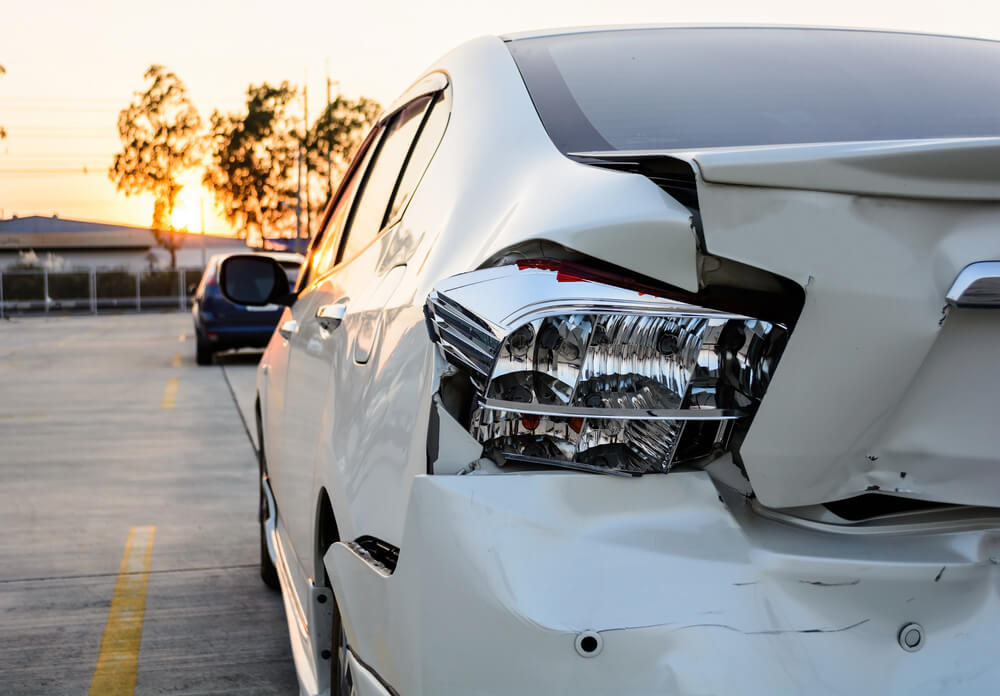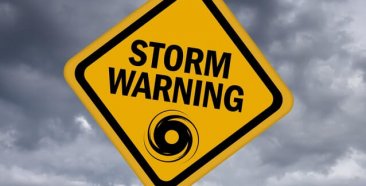
Anyone who’s been in a car accident knows what a disorienting, scary, and painful experience it is. When you have to worry about how your insurance works and whether you’ll have to pay more later, the situation can be overwhelming.
While it’s true that the cost of car insurance usually goes up after an accident, the exact amount depends on a lot of factors. These range from your previous driving record to how much of the accident is your fault.
What to Do First
If you’re involved in a car accident, do not call your car insurance company. Immediately dial 911 instead. This is for two reasons:
First, it gets the ambulance and medical care to the scene as soon as possible in case anyone is injured.
Second, it gets the police on the scene so that you can file an accident report as soon as possible. This is particularly important because the police and insurance company will use the report to determine fault later on. The sooner you file the report, the more detailed and accurate it will be.
Liability Insurance and Car Accidents
Remember that every driver in almost every state is required to have liability insurance or something similar to it. Each state dictates the minimum coverage required.
If you’re involved in a car accident, then your liability insurance covers bodily injury and property damage for the other driver, and the other driver’s insurance covers bodily injury to you and property damage for your car. In some states, such as Florida, drivers carry personal injury protection (PIP) insurance, which covers their own medical costs in case of an accident.
If You’re at Fault
If you’re assigned fault for a car accident, your insurance company must pay for the other driver’s medical costs and damage repairs. They will consider you to be a riskier driver to cover and will charge you a higher liability insurance premium for the next period.
If you’ve been involved in multiple at-fault accidents over a short period or if you’re at fault for a particularly serious accident (for example, excessive speeding or felony DUI), your insurance company can significantly increase your premium or even refuse to insure you at all once your current policy is expired.
If You’re Not at Fault
Even if it’s determined that you’re not at fault for a car accident, your liability insurance premium for the next coverage period may increase. Some insurance companies justify that drivers involved in accidents — regardless of whether or not they’re at fault — are more likely to be involved in accidents in the future. Still, your premium would not increase as much as if you were found to be at fault for the accident.
In some situations, the insurance company would not raise your premium at all. These include:
- You were the victim of a hit-and-run accident
- The other driver was convicted of a traffic violation connected to the accident, but you were not convicted of a traffic violation (keep in mind that paying the fine for a traffic ticket is admitting guilt and counts as a conviction)
- Your car was parked legally when the accident occurred
- You were directly reimbursed by the person who caused the accident
- A court found that the other driver was at fault
- Your car insurance company was able to collect most or all of the claim amount from the other driver’s carrier
- The claim was below a certain dollar amount
Remember that you must keep your car insurance company updated on all accidents you’ve been involved in, regardless of whether you were at fault or whether anyone filed an insurance claim. If the insurance company later finds out that you intentionally misled them, they can drop your coverage or even refuse to process a claim if you’re involved in an accident!
If You’re Partially at Fault
In a lot of cases, both drivers contribute in some way to the accident. When this happens, both drivers are assigned a percentage of the fault, and this affects how much money each car insurance company needs to pay.
In some states (for example, Arizona, California, Florida, New Mexico, New York, and Washington State), costs are divided in the same way that fault is. For example, if you were found to be 40% at fault for an accident, your insurance company would pay 40% of the other driver’s medical and car repair bills. The other driver’s insurance company would pay for 60% of your medical and car repair bills.
For example, in other states (Colorado, Illinois, Nevada, New Jersey, Oregon, and Texas), you can claim accident costs only if you’re less than 50% or 51% at fault. For example, in the same accident where you were found to be 40% at fault, the other driver’s insurance company would still cover 60% of your medical and car repair bills. However, the other driver wouldn’t be able to collect anything from your car insurance company because they were over 50% at fault.
In a few states (for example, Virginia and Washington, D.C.), you cannot claim anything if you’re assigned any percentage of fault. This means that if you’re found to be even just 10% at fault for an accident, you don’t collect any money from the other driver’s insurance company. In this case, both you and the driver must pay your own medical and car repair bills.
How Partial Fault Affects Car Insurance
Because partial fault can reduce the amount of money, your car insurance company needs to pay out after an accident. Being assigned partial fault instead of fully at fault is one way to keep your premium from increasing too much. However, keep in mind that the insurance company will still consider you a riskier driver even if you’re only partially to blame for an accident.
Collision Insurance

If you have a collision insurance policy, you may find that it’s better to file a claim with the collision insurance company, at least initially.
It can take weeks or even months for car insurance companies to agree on fault, especially if courts are involved. In the meantime, if you want to get back on the road, you’re stuck paying for the car repairs yourself and hoping you can get reimbursed later on if you’re not found to be completely at fault. If you have a collision insurance policy, you can file a claim and get reimbursed up to the policy limit (minus the deductible).
Keep in mind that when you make a claim with your collision insurance policy, it’s likely your collision insurance premium for the next period will increase. Your premium can come back down after a few years without any further claims as with liability insurance.
Traffic Violations Still Affect Your Insurance Premium
After investigating the scene of an accident, the police officer may issue a ticket to one or both drivers for actions related to the accident — for example, speeding, failing to give the right of way, or making an illegal turn. Keep in mind that this is separate from determining fault, so you may get a ticket even if it’s later decided that you’re not at fault for the accident. If this happens to you, then your car insurance premium may go up because of the recent ticket on your driving record.
Like other minor traffic violations, it’s sometimes possible to have the violation removed from your driving record if you fulfill specific requirements. This means that it would not affect your insurance premium.
When to Expect Your Car Insurance to Go Up
If you’re involved in an at-fault accident, your insurance company will reflect this when they send you a quote to renew your insurance for the next coverage period. Remember that an insurance policy is a contract with a start and end date. As long as you pay the agreed policy premium and keep a valid license, the insurance company must cover you until the policy expires. Insurance companies also cannot change your premium in the middle of your coverage period.
How Long Higher Premiums Will Last
Typically, car insurance companies will consider the last three to five years of a driver’s history when determining car insurance premiums. However, some major incidents — for example, felony DUI violations — are considered for far longer.
If the Cost of Your Car Insurance Goes Up, Look Around
If you’re involved in an at-fault car accident, and your insurance premiums go up, you might be feeling trapped into higher rates. Or you might think that no other car insurance company will want to insure you anymore. This isn’t true! Regardless of your driving history, you always have the option to shop for low-cost auto insurance quotes. Getting an online quote is quick and simple, though speaking with an expert on the phone or in-person is always an option too.


